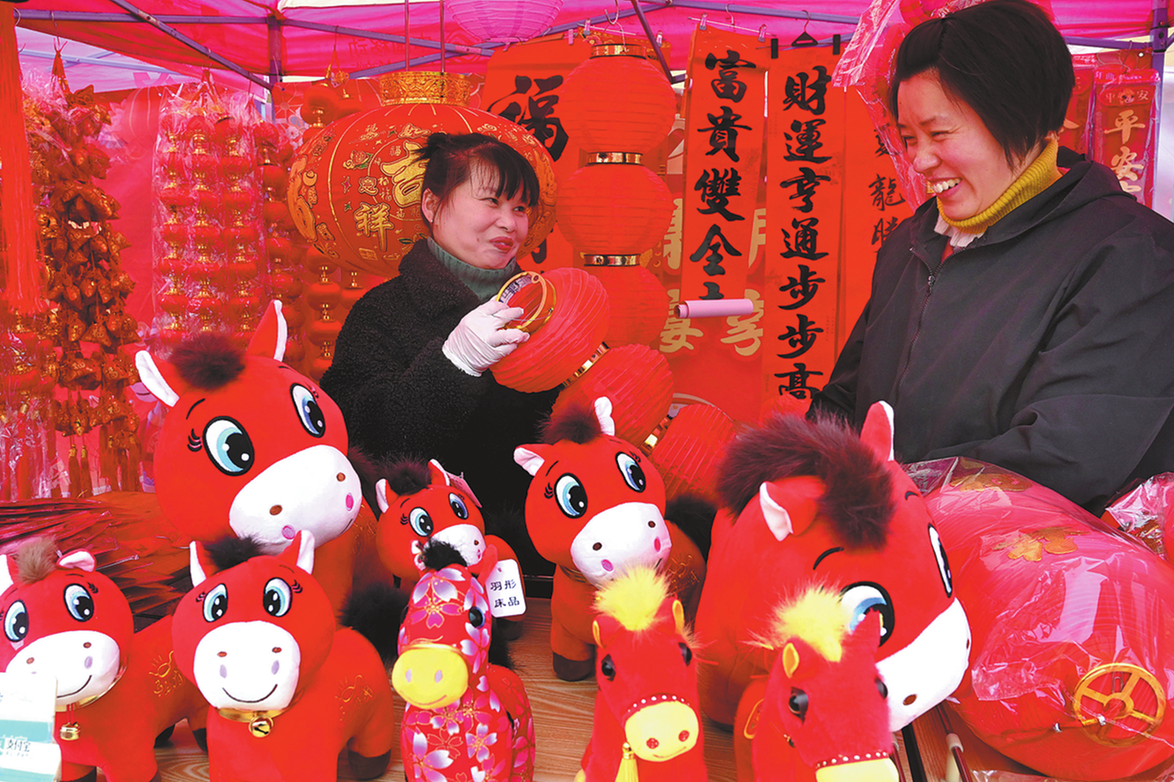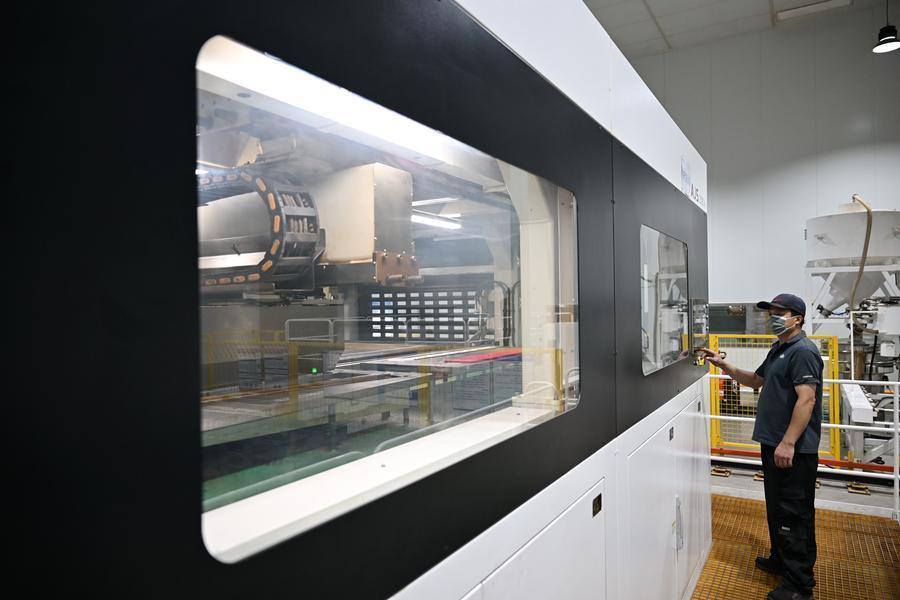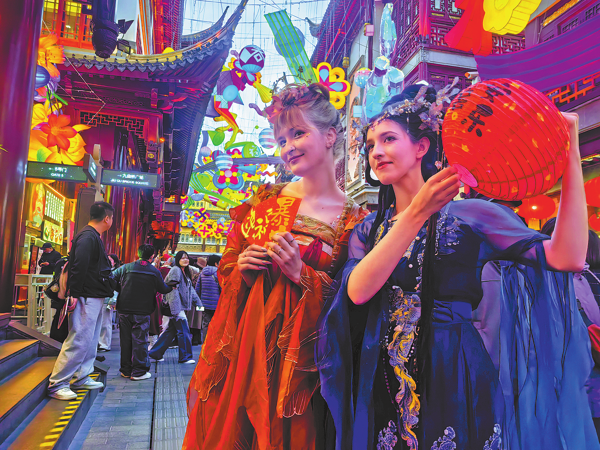While people celebrate the New Year, the branches of the tea tree are also gradually sprouting. After the Spring Festival, are you still drinking last year's tea in the office? In Zhejiang, some people have begun to try the first cup of new tea just picked this year.
Yongjia, Wenzhou, Zhejiang Province, is the origin of oolong early tea. Here, tea farmer Li Dingguo owns 600 mu ( 4,000 acres ) of tea mountains, facing the Oujiang Estuary. Li Dingguo found that some tea tree branches had sprouted and were waiting for people to pick in the foggy and watery places on his tea mountain.
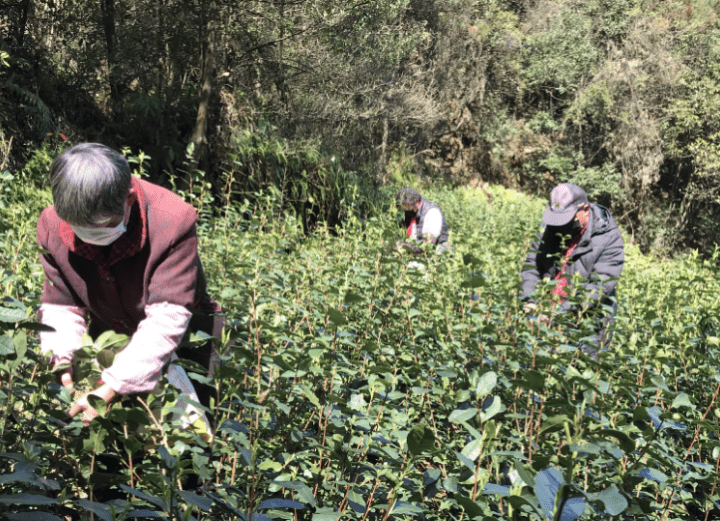
Oolong early tea is a speciality of Yongjia, which has been cultivated for more than 300 years and has also been included in China's national geographical indication products. Its biggest feature is "early". Oolong early tea is a kind of tea that sprouts very early in China. The tea processed with this kind of tea leaf has a clear and bright colour, a strong and lasting fragrance, and a mellow taste. It is a treasure in tea. Generally, tea products such as West Lake Longjing Tea and Dongting Biluochun Tea only arrive late one month after the launch of "Wuniuzao".
Li Dingguo hired tea pickers from other places to pick tea for his tea mountain, but now they are still at home for the Spring Festival. In the early morning of yesterday, Li Dingguo couldn't help being excited. He called for friends and invited everyone to go up his tea mountain to experience the fun of tea picking.
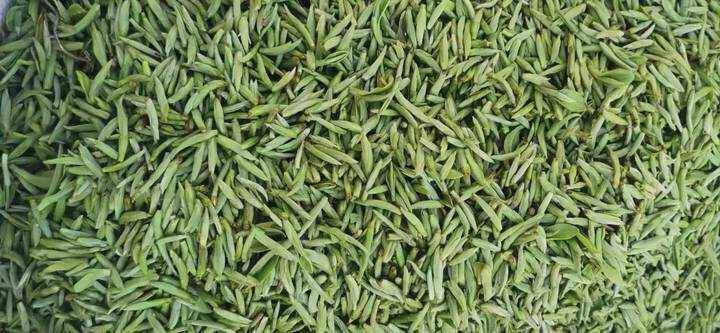
The tea hill is not high, it is only two or three hundred meters. But the bud heads of tea trees are very few, which makes it more difficult to pick tea. Li Dingguo and his party had a total of 14 people. They entered the mountain at 8:00 in the morning and went down at 4:30 in the afternoon. A total of 14 jin (7 kilograms) of fresh leaves were collected, which was only enough to make two or three jin (1 or 1.5 kilograms) of tea.
The leaves picked are the new buds naturally growing in the tea tree. Li Dingguo has several decades of experience in tea picking. He especially stressed that when picking tea, it must not be pinched directly, which will damage the appearance of the tea, and not forced to pull. When picking tea, he aimed at the tender buds to be picked and picked them very accurately through the flexible cooperation between his thumb and forefinger. His movements are dexterous and lightsome, and he moves between the branches of the tea tree as if his fingertips were dancing.
As the sun gradually tilted to the west, a group of people slowly moved down the mountain. Li Dingguo seemed to be more than satisfied. "Although the tea leaves picked are very few, let's take it as a mountain climbing exercise. We looked at the mobile phone, and the average person walked 20000 steps. The more people picked more than 7 liang (350 grams) fresh leaves, the less is only 2 liang (100 grams)."
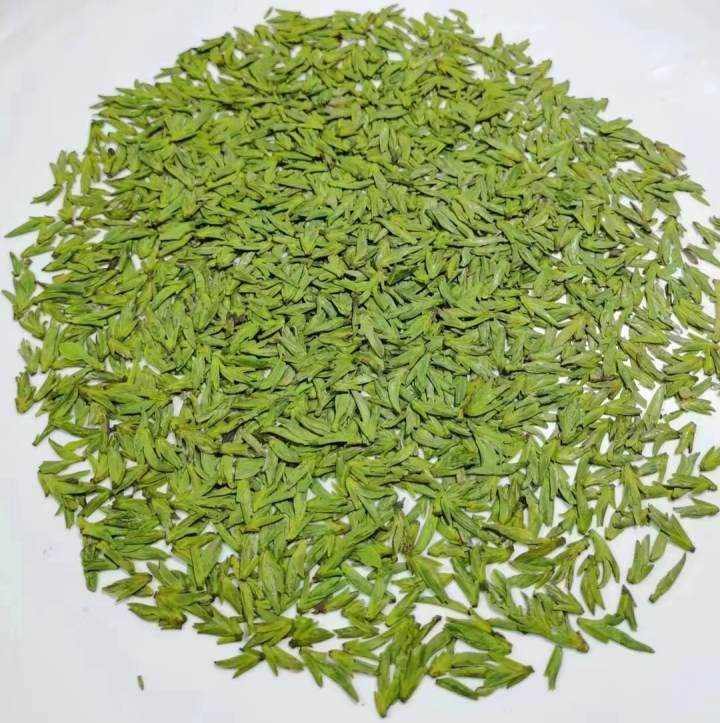
In the early spring, oolong early tea is a rare green tea. These picked tea leaves are made into the first cup of new tea in the new year. Fresh leaves can be turned into tea for brewing only after spreading, rolling and stir-frying. Li Dingguo was busy at his leisure. After each process, the moisture inside the fresh leaves gradually dissipated, and at the same time, it gave out a unique aroma. 14 jin (7 kilograms) of fresh leaves eventually turned into less than 3 jin (1.5 kilograms) of dry tea. Everyone who went up the mountain to pick tea made a cup of tea and tasted it. "It tastes especially fresh, and elegant, and has the fragrance of flowers."
"At the market price, the tea collected now can sell for more than 2000 yuan per jin (0.5 kilograms), but the quantity is too small. If someone really wants to buy it, I can spare half a jin (250 grams) at most." Li Dingguo said that his grandfather planted the tea trees on his own tea hill in the past year, and the tree age is basically more than 60 years. He cherishes his own tea mountain.
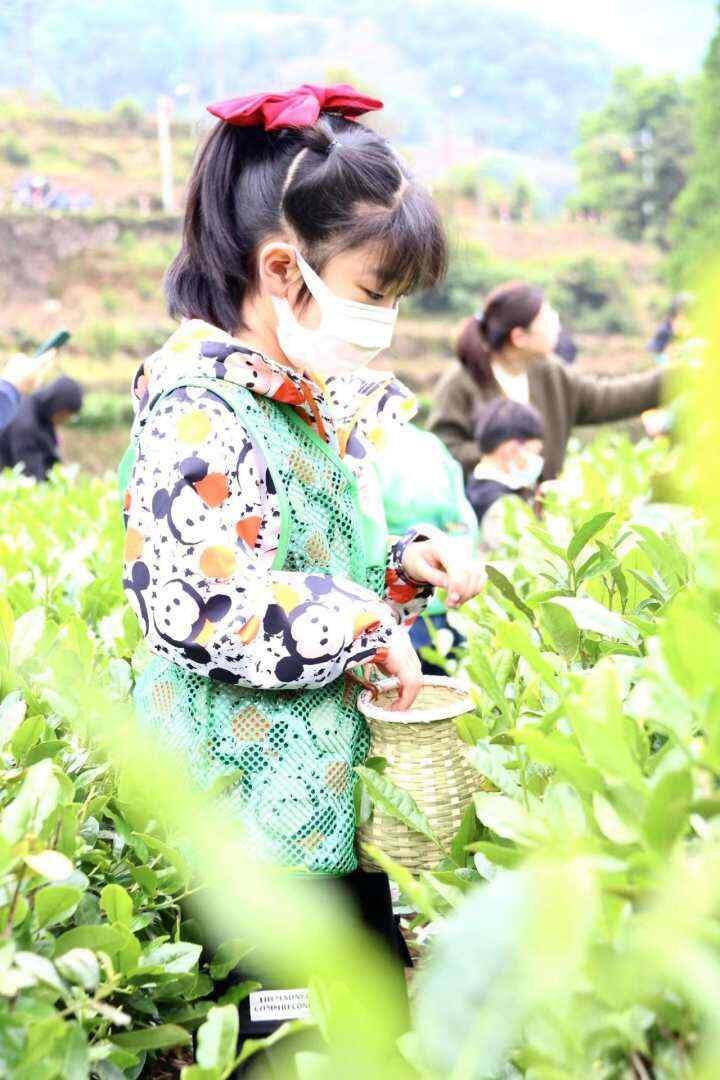
Normally, a week later, from February 7th-8th, the tea garden in Yongjia, Wenzhou, will be mined on a small scale. The "Jiaming No. 1" variety in Wuniuzao is also the earliest tea variety mined in the province, which can meet people's expectations for new tea in the New Year.
Translator: Liao Yiyi
Editor: Liao Yiyi
